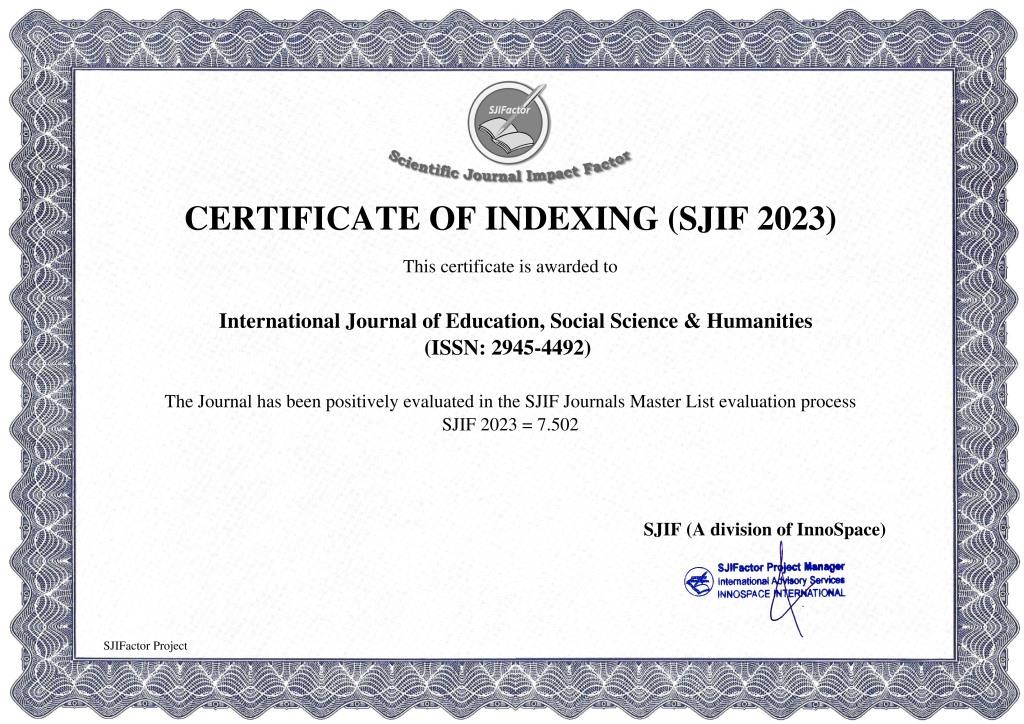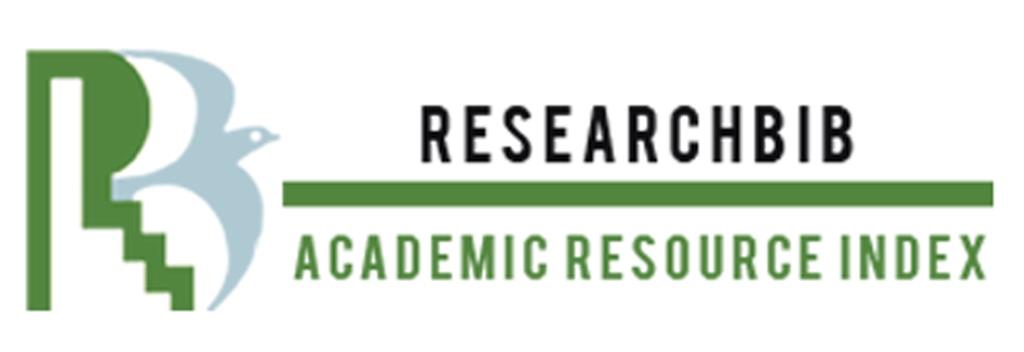THE CRUCIAL ROLE OF LITERATURE IN LANGUAGE ACQUISITION
Keywords:
Literature, language acquisition, vocabulary enrichment, grammar contextualization, cultural understanding, cognitive flexibility, communication skills, emotional engagement, language learning methods, language curricula.Abstract
This article explores the integral role of literature in the process of language acquisition. Recognizing language learning as a multifaceted journey, the study delves into how literature goes beyond conventional methods, enriching vocabulary, contextualizing grammar, and fostering cultural understanding. Drawing on diverse sources, the analysis emphasizes literature's impact on emotional engagement, cognitive flexibility, and the development of critical communication skills. As language educators increasingly recognize its significance, the article advocates for the incorporation of literature into language curricula as an essential tool for cultivating holistic language proficiency.
References
Acroyd, Peter, (2005) The Romantics, BBC TV series
Carroli, Piera,(2008) Literature in Second Language Education, Enhancing the Role of Texts in Learning, Continuum International Publishing Group, London & New York
Dewey, John (2000) Liberalism and social action, Prometheus Books, NY
Greenblatt, Stephen, gen. ed. (2011) The Norton Anthology of English Literature. 9th ed. Vol. A. New York
Kubaiska, Maria Emilia (2009) Ecology of the Soul: Collection of mini-essays and artworks (Art-Po), UMD, Washington D.C./EMARI, Stip
Kullberg, M., (1996) Finding God at Harvard, Intervarsity Press, Downers Grow, IL
Levin, M., (2009) Liberty and Tyranny, Threshold editions, Simon and Shuster, NY,














